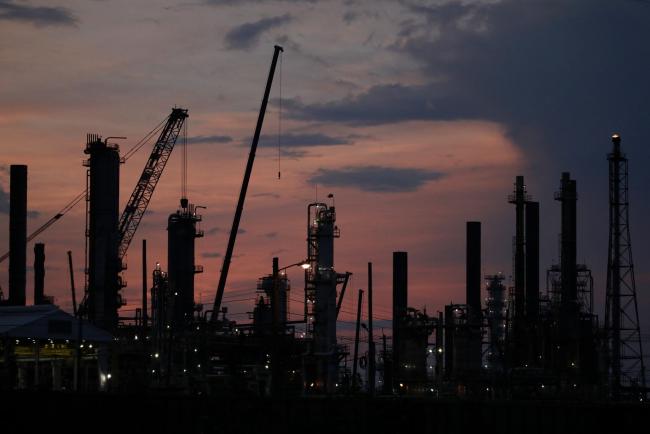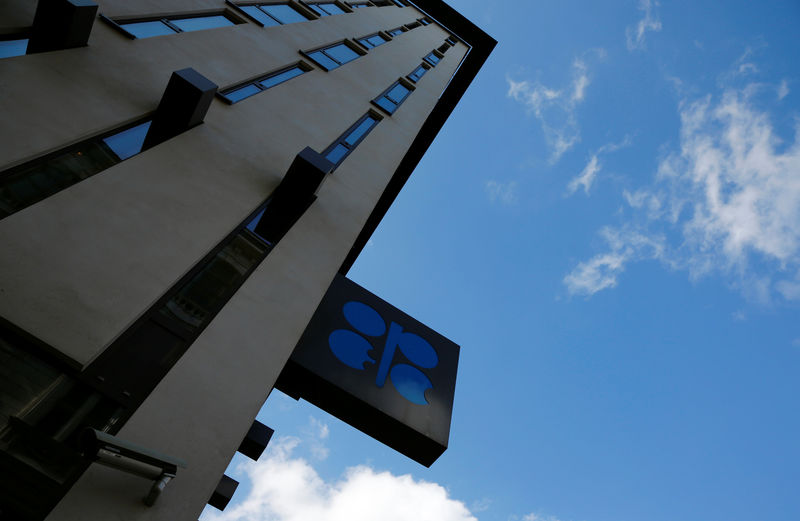(Bloomberg) -- OPEC+ ministers gather on Wednesday in the unusual position of being oil-market observers, as the Russian invasion of Ukraine and a release of strategic fuel stocks by major consumers set the market’s agenda.
The group is widely expected to stick to its existing plan and ratify another supply hike of 400,000 barrels a day for April, even as the shockwaves from Russia’s military aggression send crude soaring.
While Riyadh has come under pressure from the U.S. at previous meetings to raise output faster, consumers are now taking matters into their own hands. The International Energy Agency, which represents major industrialized economies, said on Tuesday that it will deploy 60 million barrels from emergency oil stockpiles around the world.
“The situation in energy markets is very serious and demands our full attention,” IEA Executive Director Fatih Birol said in a statement. “Global energy security is under threat, putting the world economy at risk during a fragile stage of the recovery.”
The effort to cool prices didn’t work, with West Texas Intermediate crude rising almost 8% to about $103 a barrel.
The intervention from consumers is partly an acknowledgment of the fact that the Organization of Petroleum Exporting Countries and its allies would struggle to raise oil production faster, even if they were willing. In January, the group pumped 972,000 barrels a day less than its target, a report from the group’s Joint Technical Committee showed on Tuesday.
OPEC members including Iraq, Nigeria and others, have been struggling to reach their quotas, for reasons ranging from a lack of investment to internal strife. That supply shortfall had been a major driver of the rise in global oil prices, before Russia’s attack on Ukraine lifted prices into triple-digit territory for the first time since 2014.
While the invasion hasn’t yet led to a genuine loss of barrels from the market, there are growing fears that Western sanctions could affect Russian energy exports.
In the event of a disruption, Saudi Arabia and some of its Gulf allies are the only countries with large amounts of spare production capacity. That raises the question of whether OPEC+, with Russia as its second-biggest member, could ever agree to compensate for a shortage created by Western sanctions, given the stark split between Moscow and the international community over its military aggression.
©2022 Bloomberg L.P.

